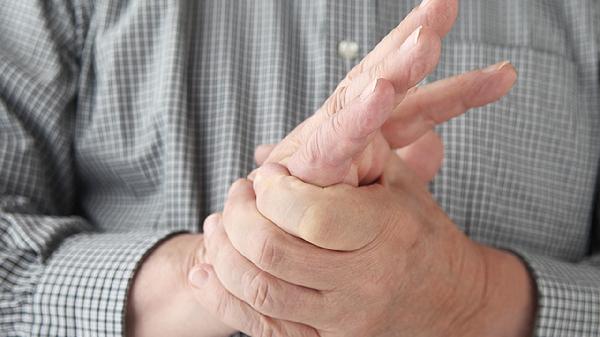Fall is the perfect season to hit the reset button on your habits—especially if you’ve been feeling emotionally drained or stuck in that dreaded autopilot mode. You know the feeling: days blur together, your to-do list never ends, and even your downtime feels like just another task. Emotional burnout isn’t just about being tired; it’s about feeling disconnected from yourself and the people around you. The good news? Small, intentional shifts can help you reclaim your energy and presence. Here’s how to design your own emotional wellness days—think of them as mini-retreats for your mind.
Unplug Day: Escape the Digital Vortex
scrolling through social media has become the modern equivalent of staring into the void. It’s passive, draining, and leaves you feeling more disconnected than before you opened the app. That’s where Unplug Day comes in. This isn’t about swearing off technology forever (we’re not monks), but about giving your brain a break from the constant noise. Studies show that excessive screen time spikes stress hormones and fragments attention spans. By stepping away, you create space for deeper reflection and reduce the mental clutter that fuels burnout. Pro tip: Delete social apps for the day or use grayscale mode to make your phone less enticing. Your brain will thank you.
Connection Day: Stop Ghosting Your Friends
When life gets overwhelming, socializing is often the first thing we sacrifice. But here’s the irony: isolating yourself only deepens burnout. Humans are wired for connection—it’s literally a survival mechanism. Research confirms that strong social ties lower cortisol levels and boost resilience. So instead of canceling plans (again), schedule a standing hangout with your ride-or-die crew. It doesn’t need to be elaborate—a potluck, game night, or even a walk counts. The key? Be fully present. Put your phone away, listen actively, and let yourself be vulnerable. Real connection isn’t about performance; it’s about showing up as you are.
Hobby Day: Reclaim Your Playful Side
Remember when you used to lose track of time painting, dancing, or building forts as a kid? Adulthood tends to squash that joy under a pile of responsibilities. But play isn’t frivolous—it’s a biological necessity. Neuroscientists found that creative activities reduce anxiety by activating the brain’s reward system. The catch? You have to ditch perfectionism. This isn’t about mastering pottery or going viral on TikTok. Try finger-painting, karaoke in your shower, or writing terrible poetry. The messier, the better. The goal is to silence your inner critic and reconnect with the pure joy of creating.
Learning and Growth Day: Shock Your Brain Awake
Autopilot thrives on routine. Break the cycle by learning something wildly outside your comfort zone. Ever tried archery? Taken a salsa class? Read about astrophysics? Novelty triggers dopamine, the brain’s “motivation molecule,” and strengthens neural pathways. Bonus: It also curbs that “stuck” feeling. Sign up for a workshop, attend a lecture, or dive into a podcast series on a topic you know nothing about. If commitment-phobia kicks in, rope in a friend—accountability makes it fun. The point isn’t expertise; it’s about reminding yourself that growth doesn’t stop at adulthood.
No Plans Day: The Art of Doing Nothing (Well)
This isn’t about collapsing on the couch (though naps are sacred). It’s about intentional solitude—time to check in with yourself without agendas or distractions. Try a solo museum visit, a long walk with no destination, or journaling in a café. The magic lies in letting your mind wander. Studies link unstructured downtime to increased creativity and problem-solving. Need inspiration? Subscribe to local event newsletters—hidden gems like pop-up bookstores or free concerts make perfect solo adventures. The goal? To remember who you are outside of your roles and responsibilities.
These emotional wellness days aren’t about adding more to your plate—they’re about carving out pockets of restoration. Start small: even 30 minutes of unplugging or a 15-minute dance break counts. The trick is consistency, not perfection. Over time, these micro-moments of presence will help you rewrite the script of burnout and reclaim your energy—one intentional day at a time.
























